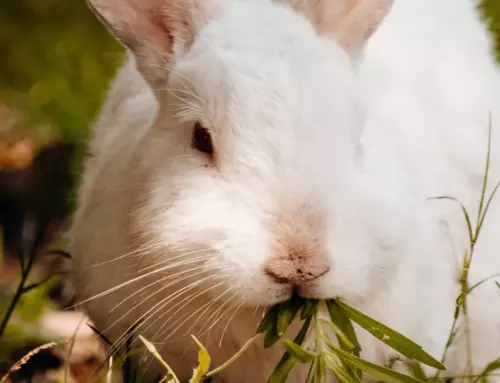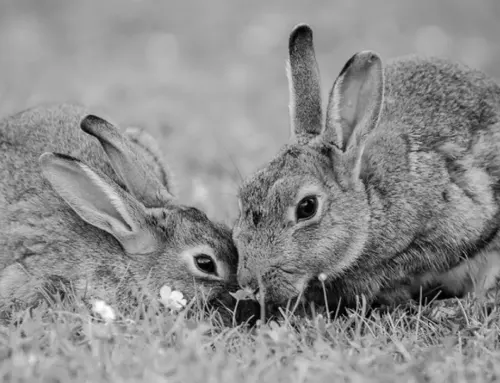Rabbits all over the world successfully eat a diverse range of plant species in their natural environments. The majority of a wild rabbit’s diet consists of numerous kinds of both fresh and dry grasses, as well as plants that have leaves.
In much smaller quantities, rabbits will eat the bark of trees, tender twigs and sprouts, fruits, seeds, and other nutritious foods. When determining what constitutes a balanced diet for our house rabbits, it is essential that we have this information at our disposal.
Always start with a small serving size when introducing a new food. After that, keep an eye out for any indications of pain or sickness in your pet.
What Vegetables Can or Cannot Rabbits Eat?
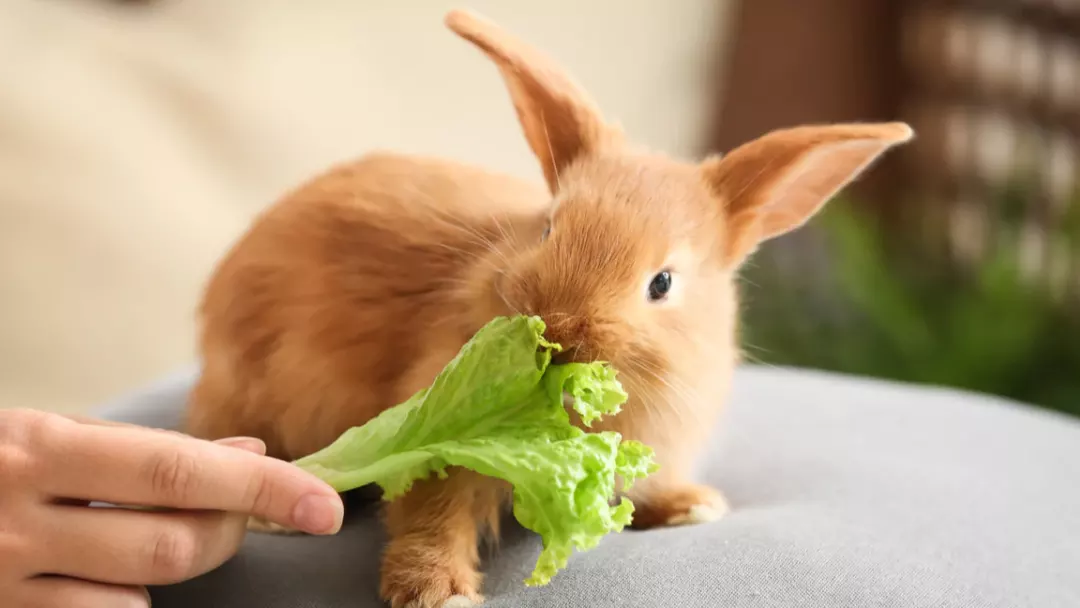
Your rabbit’s diet should consist of at least 20 percent vegetables. You should strive to provide your rabbit with a handful (about the size of an adult’s hand) of fresh, leafy green vegetables on a daily basis.
It is imperative that you provide your rabbit with a wide variety of vegetables to ensure that it receives the maximum amount of nutrients possible.
Avoid continually serving the same vegetable. Instead, you should provide your rabbit with a variety of vegetables on a daily basis (the ideal number is typically between three and six), and you should switch them up on a regular basis.
can provide certain vegetables on a regular basis, like zucchini, while you should only provide others on an occasional basis.
Can Rabbits Eat Cauliflower
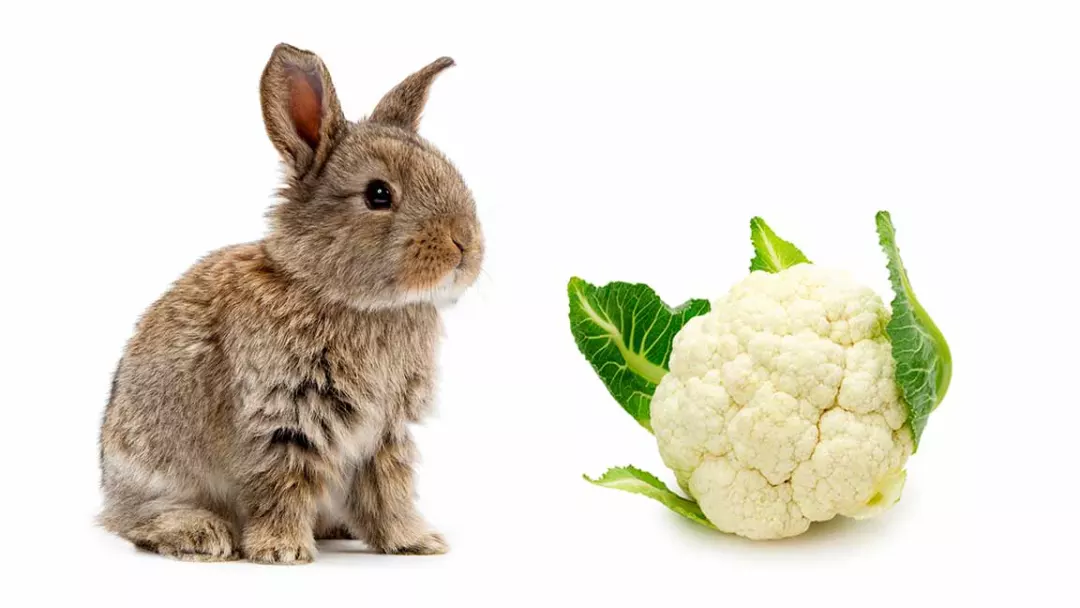
since cauliflower is a vegetable, you might think it would make a good treat for your rabbit. Can rabbits eat cauliflower? interestingly enough, no. cauliflower is particularly problematic for rabbits because it causes them to bloat and produce excess gas, even though vegetables are great complements to hay with a high fiber content. Fresh vegetables like green peppers, beets, and radishes are great options for your rabbit’s snack time.
Can Rabbits Eat Cucumbers
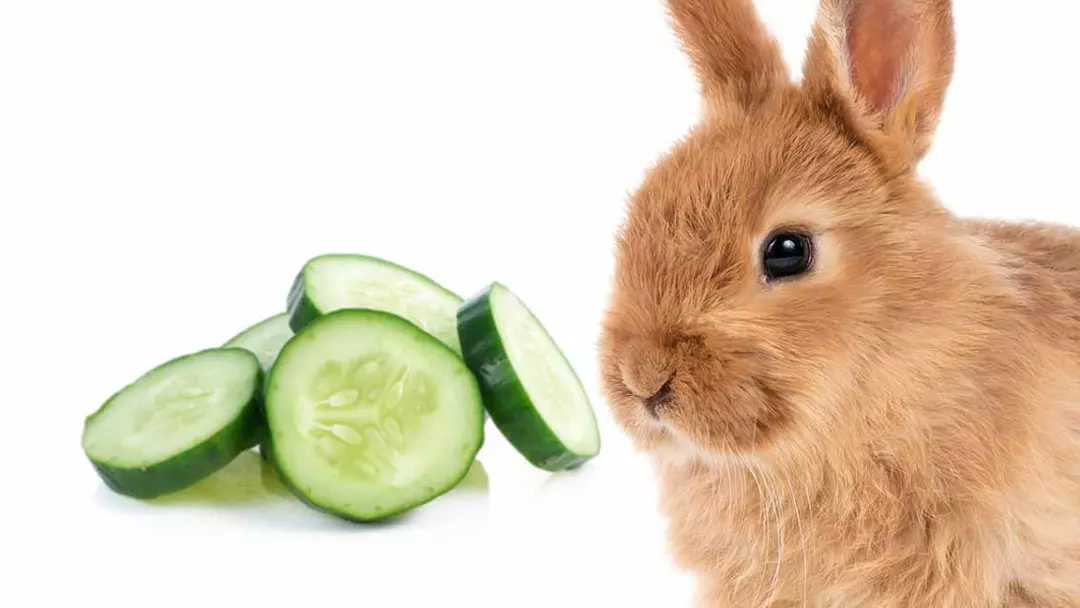
can rabbits eat cucumbers? Yes, Rabbits can eat cucumber, but it is very watery and doesn’t have much nutritional value. If rabbits eat cucumber in large amounts or often, it can give them diarrhea and stomach problems.
Cucumbers should be fed in small amounts every now and then. Your rabbit can eat cucumber skin, so you don’t have to take it off. Rabbits can also eat cucumber seeds, but you should take the seeds or pits out of most fruits and vegetables.
On a hot day, once in a while, you could give your rabbit a cucumber as a treat. Because cucumbers are mostly water, they are a great way to keep your pet hydrated and cool when it’s hot outside.
Can Rabbits Eat Zucchini
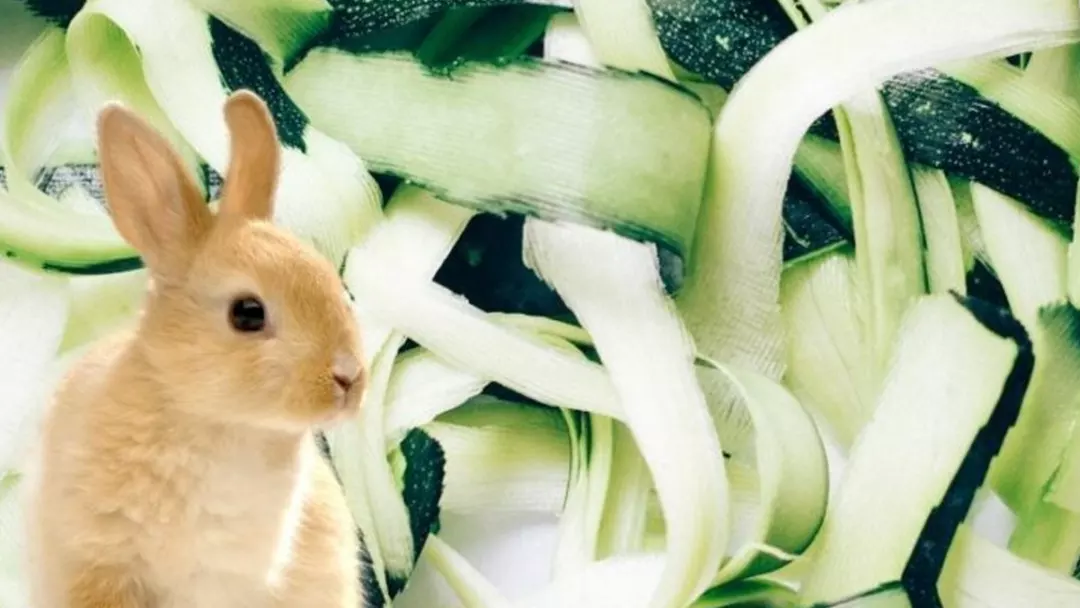
They can, yes! Even though zucchini isn’t as often associated with rabbits as carrots or hay, people all over the world give it to their rabbits as a treat. as part of a well-balanced diet, yes a rabbit can rabbits eat because zucchini gives your rabbits more nutrients and makes their meals more interesting.
Some rabbits really enjoy eating zucchini that’s why the question comes can rabbits eat zucchini or not, But like any other fresh vegetable, it can’t be their main source of food. Your bunny lives mostly by eating grass, just like wild rabbits. The best way to feed your pet rabbit is to base its diet on hay and add fresh vegetables to it.
A healthy rabbit can eat zucchini as long as it is part of a well-balanced diet based on hay. But, even so, each rabbit is different. Sometimes the only way to find out is to try things out, so you can make sure your rabbit gets the right food.
Can Rabbits Eat Broccoli
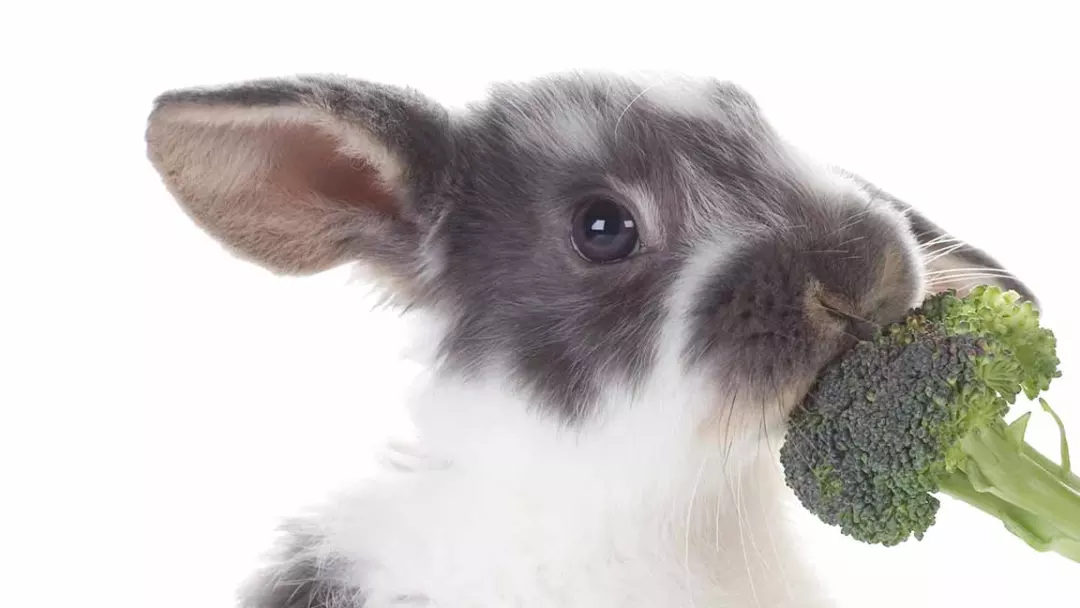
Gassiness is a side effect of eating broccoli. So, yes your rabbit can rabbits eat broccoli but just first taste of broccoli, and keep an eye out for any signs of distress. Having gas is usually not dangerous. But you don’t want your cherished animal to have stomach trouble. And certainly not merely to spice up her diet.
Rabbits, like humans, have delicate digestive systems, so start slowly. For the first week, a tablespoon once a day should do the trick. If your rabbit’s feces don’t change, you can up the dose over time. The recommended fiber content for a rabbit’s diet is 15%. Raw or cooked broccoli is a good way to get this nutrient.
Lack of fiber can affect your pet’s regularity and increase their susceptibility to gastrointestinal illness. Everything your rabbit needs should be included in her complete rabbit food. Although, it is still wise to give her a balanced diet.
Rabbit’s Limited Vegetable Intake
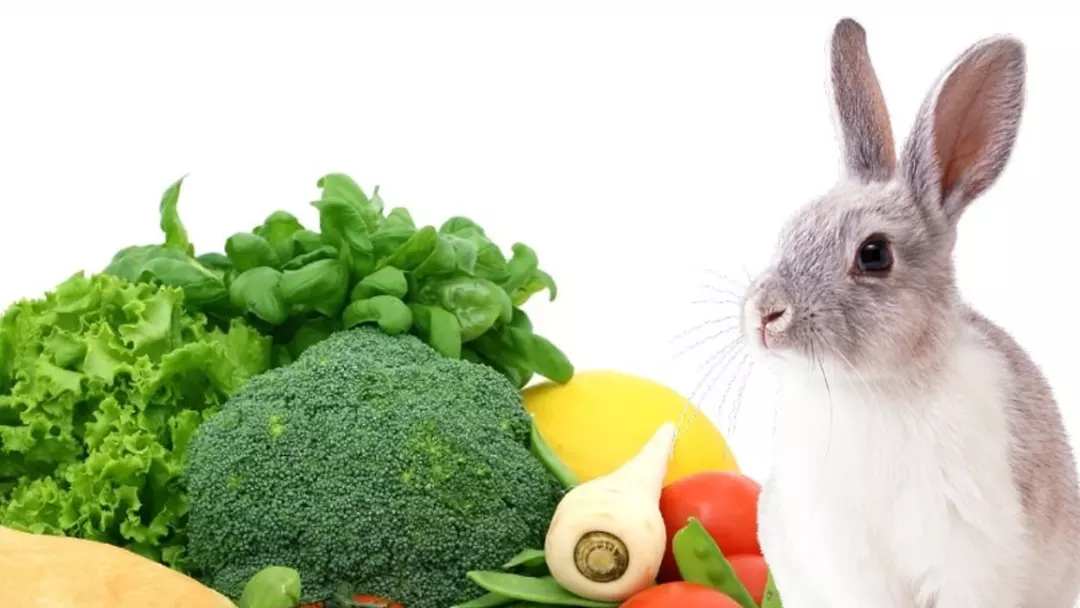
You can also feed them other types of vegetables, such as root vegetables or so-called “flowers” like broccoli and cauliflower in addition to leafy greens. Because these foods typically contain a higher concentration of starch or sugar, they ought to be provided in lower quantities than leafy greens.
It is best to steer clear of foods that belong to the onion family, such as leeks, chives, and onions, as consuming these foods may result in blood abnormalities. You should give your rabbit about one tablespoon of “other” vegetables (vegetables that do not contain leafy greens) for every two pounds of its body weight per day.
This can be given all at once or split up among two or more meals.


